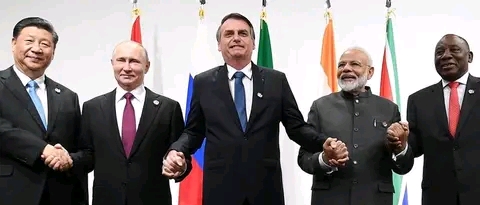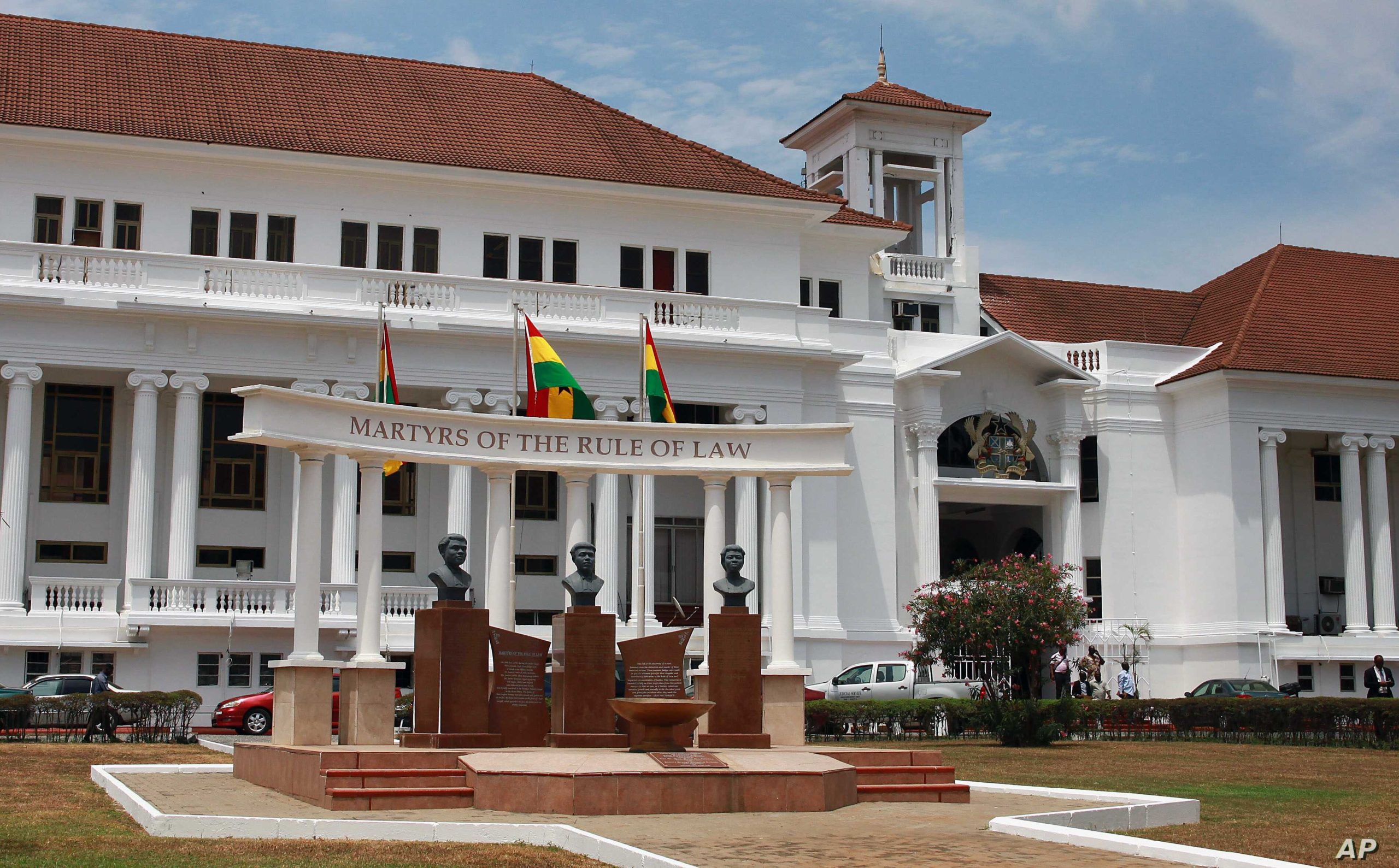In a dramatic turn of events, 19 countries have requested to join the BRICS bloc ahead of the upcoming summit. This news has significant implications for the global economic and political landscape, particularly in the context of the power dynamics between the global north and south.
For those unfamiliar, BRICS is an acronym for Brazil, Russia, India, China, and South Africa, which collectively make up the five member countries of the BRICS bloc. These nations, despite their differences in size, culture, and political systems, share a common aspiration to promote economic development and cooperation among themselves and with other emerging economies.
The fact that 19 countries have expressed interest in joining the BRICS bloc is a testament to the growing influence of the organization in global affairs. It also reflects a shift in power dynamics away from traditional Western-dominated institutions such as the G7 towards a more diverse and multipolar world.
It is worth noting that many of the countries that have requested to join the BRICS bloc are from the global south, including Saudi Arabia, the United Arab Emirates, and Iran. These nations are seeking to leverage the economic and political benefits of being part of a larger bloc that is increasingly seen as an alternative to the established Western-led institutions.
This development has significant implications for the global economic landscape. For one, it suggests that the BRICS bloc is becoming a more influential player in global affairs, particularly in terms of shaping economic policy and driving growth in emerging markets.
At the same time, it raises questions about the future of Western-led institutions such as the International Monetary Fund and the World Bank. These organizations have long been accused of imposing neoliberal economic policies on developing countries, often to the detriment of their own economic development.
In a dramatic turn of events, 19 countries have requested to join the BRICS bloc ahead of the upcoming summit. This news has significant implications for the global economic and political landscape, particularly in the context of the power dynamics between the global north and south.
For those unfamiliar, BRICS is an acronym for Brazil, Russia, India, China, and South Africa, which collectively make up the five member countries of the BRICS bloc. These nations, despite their differences in size, culture, and political systems, share a common aspiration to promote economic development and cooperation among themselves and with other emerging economies.
The fact that 19 countries have expressed interest in joining the BRICS bloc is a testament to the growing influence of the organization in global affairs. It also reflects a shift in power dynamics away from traditional Western-dominated institutions such as the G7 towards a more diverse and multipolar world.
It is worth noting that many of the countries that have requested to join the BRICS bloc are from the global south, including Saudi Arabia, the United Arab Emirates, and Iran. These nations are seeking to leverage the economic and political benefits of being part of a larger bloc that is increasingly seen as an alternative to the established Western-led institutions.
This development has significant implications for the global economic landscape. For one, it suggests that the BRICS bloc is becoming a more influential player in global affairs, particularly in terms of shaping economic policy and driving growth in emerging markets.
At the same time, it raises questions about the future of Western-led institutions such as the International Monetary Fund and the World Bank. These organizations have long been accused of imposing neoliberal economic policies on developing countries, often to the detriment of their own economic development.
With the rise of the BRICS bloc and there has a growing interest in joining it, as the world witnesses a shift away from Western dictat over the global south towards a more diverse and inclusive economic order. This will have significant implications for the global balance of power, with emerging economies playing a larger role in shaping the future of the global economy.
The fact that 19 countries have expressed interest in joining the BRICS bloc suggests that the organization is playing an increasingly important role in global affairs. It also reflects a broader shift in power dynamics away from traditional Western-dominated institutions towards a more diverse and multipolar world.
The upcoming BRICS summit will undoubtedly be closely watched by economists, policymakers, and political analysts around the world.
The decisions made at this summit could have significant implications for the global economic landscape and the balance of power between the global north and south.
Source:Mybrytfminline.com




















































